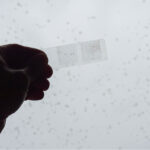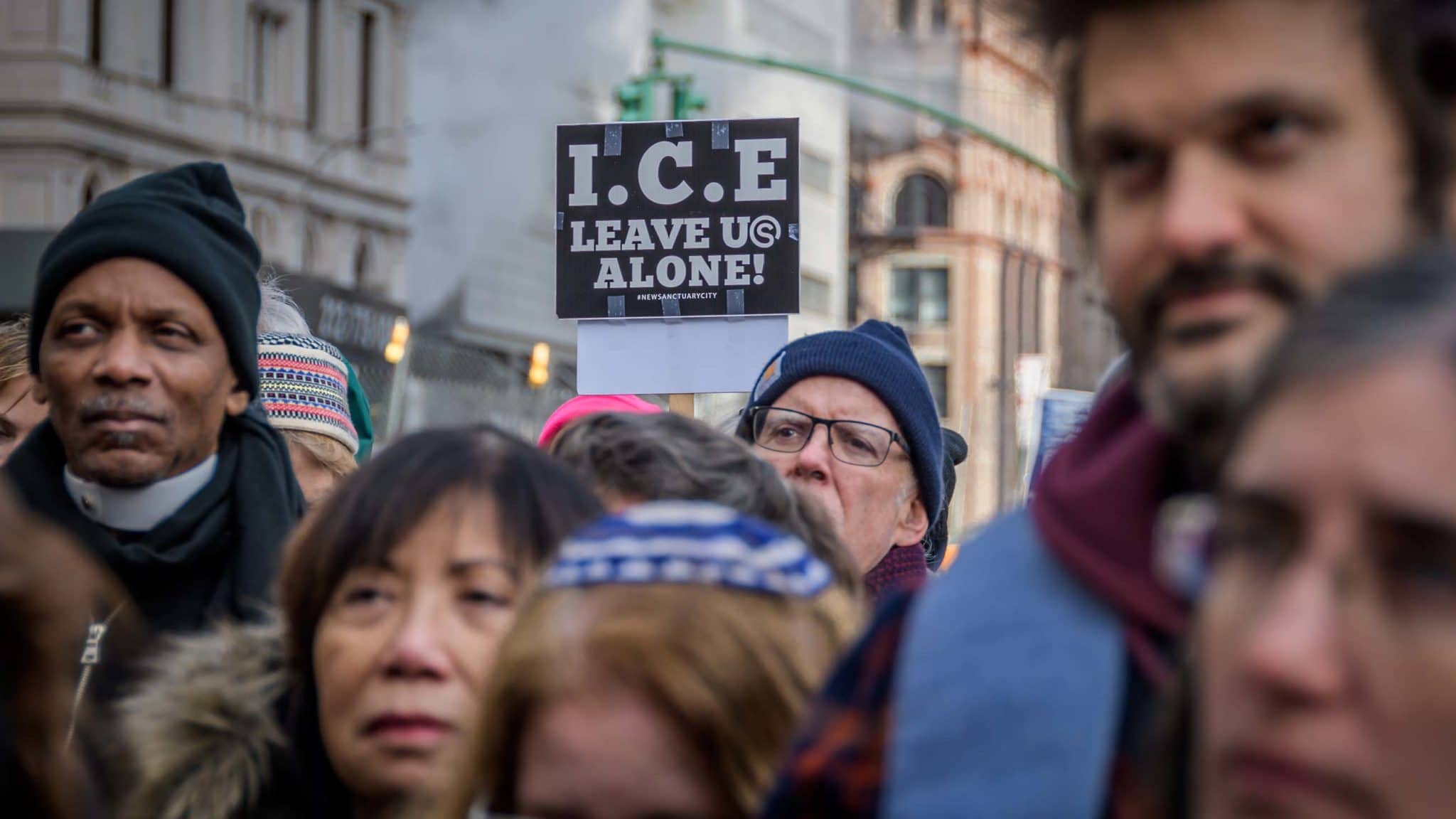The global Covid-19 pandemic caused by the novel coronavirus has been met with rapid public health and policy responses. Shops and restaurants are closed. Entire cities and states have essentially shut down. Clinical trials seeking to identify treatments have been fast-tracked. Public officials continue to beat the drum on the importance of social distancing.
Our success in combating this public health emergency depends on all affected communities engaging in testing, treatment, and prevention.
Yet for many immigrants and their family members, the status quo prevails — in large part due to widespread fear and mistrust of government agencies generated by the anti-immigrant policies of U.S. President Donald J. Trump. Years of mounting xenophobia have dissuaded many immigrants from seeking needed health care, which can have devastating health consequences for them and for society as a whole. Now, as coronavirus spreads across the country, news reports have already indicated that many immigrants are avoiding needed care out of fear that federal immigration officials will intervene and jeopardize their status.
I have seen this reflex firsthand. As a physician at Massachusetts General Hospital in Boston, I care for immigrant patients, and I have also conducted extensive research on health care for immigrants under the Trump administration. During the summer of 2018, I traveled across five states (California, Texas, Florida, New York, and Illinois) to better understand the heightened fears among immigrant communities. One health care administrator in Texas described checking on a sick patient who had remained in a waiting room for several hours. Although his name had been called hours earlier, the patient refused to stand and identify himself because he was worried about being exposed to Immigration and Customs Enforcement (ICE) agents.
A few weeks ago at my clinic in Boston, I had an asylum-seeking patient from Central America who, although pregnant and experiencing debilitating headaches, was reluctant to obtain government-funded health care because the Trump Administration’s new “public charge” rule can deny green cards to immigrants perceived as dependent on public services like Medicaid. While the “public charge” rule does not apply to asylum seekers, fear and confusion still permeate immigrant communities.
At this critical time when we all must come together to reduce the spread of the coronavirus, the Trump administration must create conditions that foster trust between immigrant communities and public health officials so everyone feels safe enough to access needed health care services. The Department of Homeland Security, which oversees ICE and Customs and Border Protection (CBP), has a “sensitive locations” policy that limits immigration enforcement activities at health care facilities, but this policy is not legally enforceable, nor has it been consistently followed under the Trump Administration. Indeed, immigration enforcement has at times targeted patients and family members.
Although ICE has said that “individuals seeking medical treatment for the [corona]virus should continue to do so without fear or hesitation,” the agency’s track-record has contributed to a climate of fear and hesitation. For example, last week ICE indicated that, because of the current pandemic, it would only pursue individuals it deems “public safety” threats. However, the next morning, Ken Cuccinelli, the acting deputy secretary for the Department of Homeland Security, walked back that promise, stating that ICE’s enforcement priorities have not changed.
We clearly need a permanent solution that does not depend on the Trump administration’s whims and includes a mechanism for accountability.
That is why Congress must pass the Protecting Sensitive Locations Act to ensure immigrants are able to access health care and other important social services without fear of deportation. Absent certain exigent circumstances, the proposed law prohibits immigration enforcement actions within 1,000 feet of sensitive locations like hospitals, schools, and places of worship without prior approval obtained from certain high-level government officials. Immigration enforcement agencies should not be allowed to contribute to a public health crisis like the Covid-19 pandemic by targeting vulnerable patients and their family members.
 |
Got questions or thoughts to share on Covid-19? |
At the same time, health care professionals can also ensure their immigrant patients feel welcome and protected at health care facilities. My multi-state research study identified over a dozen policies and actions that health care facilities can implement to address the fears of their immigrant patients and become “sanctuary hospitals.” These include limiting documentation of immigration status in medical records and establishing partnerships to offer legal support to patients.
Simply put, health care systems must be kept separate from immigration enforcement. The threat of this deadly pandemic should push us once and for all to eliminate policies that target immigrants and sow fear, which not only discourage care among the most vulnerable but also pose a public health threat to all communities. Viruses do not target patients based on immigration status, but policies can. Our coordinated success in adequately responding to public health emergencies like the Covid-19 pandemic depends on addressing our immigration enforcement policies head-on.
Altaf Saadi, M.D. MSc, is a neurologist at Massachusetts General Hospital (MGH) and an instructor of neurology at Harvard Medical School. She is also an expert member of the Physicians for Human Rights Asylum Network and associate director of the MGH Asylum Clinic. She can be found on Twitter @AltafSaadiMD.











